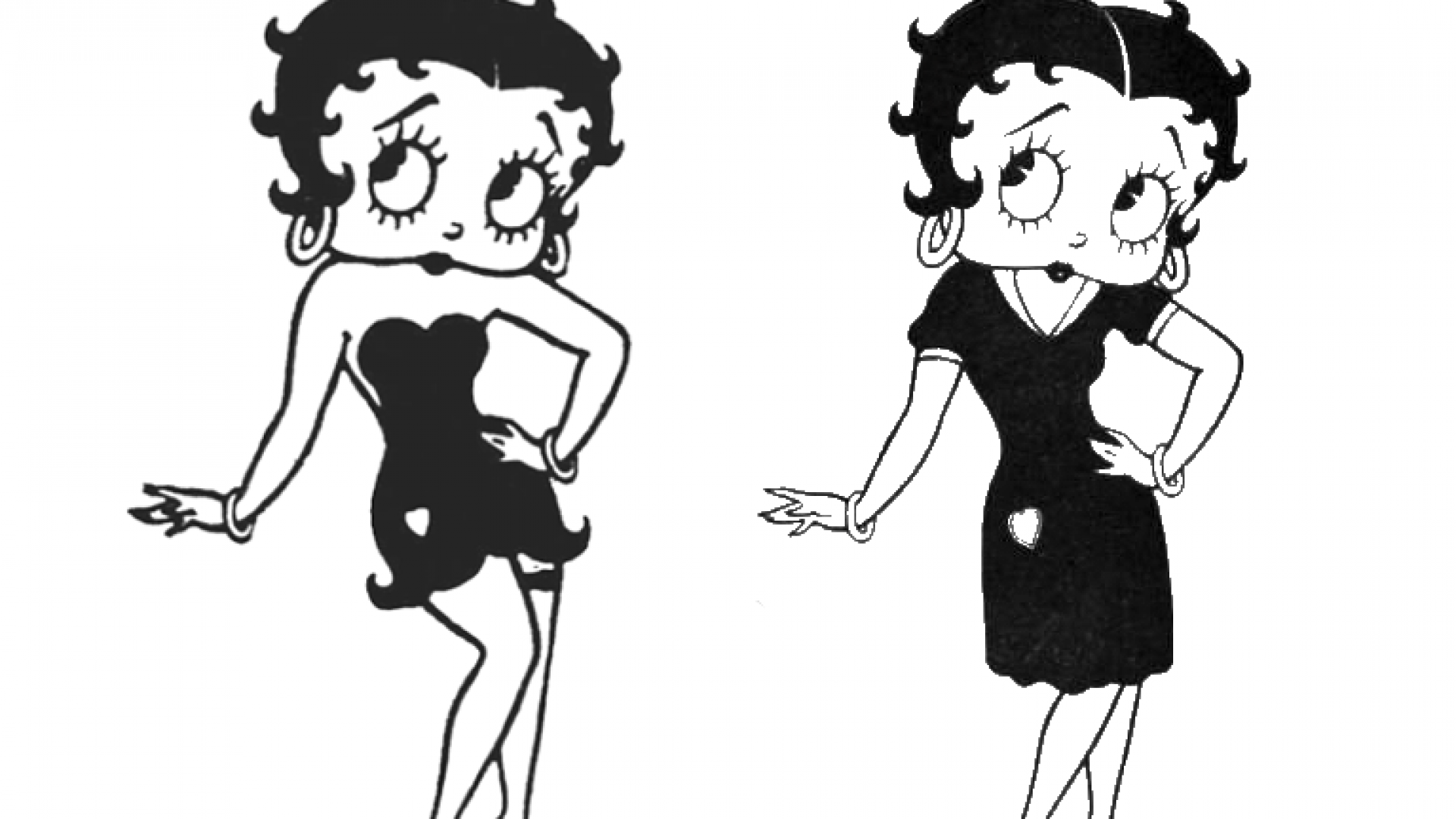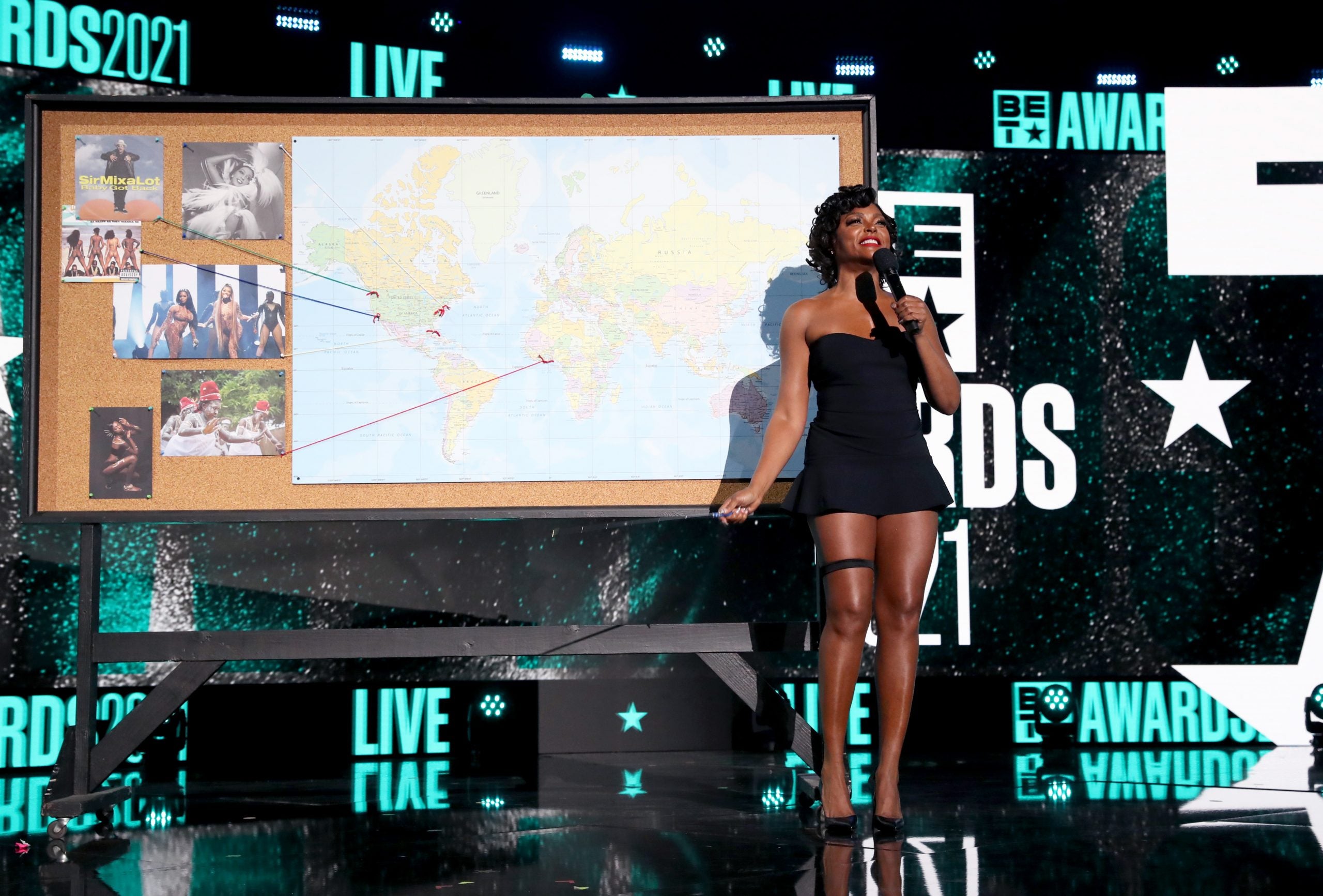

For the 2021 BET Awards, host Taraji P. Henson introduced the City Girls by sharing a brief history of twerking. Her makeup, hair and outfit during the historical breakdown channeled 1930s cartoon character Betty Boop, who is thought to have been influenced by a Black performer named Esther “Baby Esther” Jones.

Watch our ESSENCE After Dark conversation with the City Girls here.
The archetype for the Betty Boop character was created in 1930 (while the actual cartoon flapper was first showcased in 1932) and the singing style sounded like that of Esther Jones, a child vocalist who performed during the Harlem Renaissance. She was known for her “baby” style of singing and “boop” scatting.
Upon the release of Betty Boop the cartoon, Helen Kane, a white singer and actress, sued Max Fleischer and Paramount Publix Corporation, the person and company behind it, for $250,000. She believed her essence was being lifted without credit—but it was alleged that the singing act she had been cultivating was built around one of Jones’ 1928 nightclub performances. In fact, scatting as a whole was a Black innovation, as jazz was born from ragtime, spirituals and the blues.
Betty Boop was voiced by a number of women for the animated series, including Marjorie Hines, Mae Questel and Ann Little.
During the trial, Jones’s manager, Lou Walton, claimed Kane had been in one of the clubs where Jones sang and subsequently incorporated scatting into her own performances. A since-lost screen test of Jones was presented by the defense team. Jones herself was not present for the court case.
Ultimately, the Supreme Court found that there was not enough proof to support Kane’s claims and the case was thrown out. By the time the legal proceedings had been wrapped, Jones was believed to have died, allowing fans to continue to think Helen Kane was the sole face of Betty Boop.
By 1934, the way in which Betty Boop was dressed was altered when National Legion of Decency Production Code capped sexuality in motion pictures, with some people thinking that this decision altered her prevalence. Upon the cartoon’s discontinuance in 1940, Boop became a figure of the past. Her popularity began to surge once again though when she featured in the 1988 film, Who Framed Roger Rabbit? From there, fans began to become interested in the history of the character and discovered Esther Jones, the Black girl who gave her a voice.
Watch the Essence Festival of Culture’s Beauty Carnival featuring Brandy, Supa Cent and more, here.